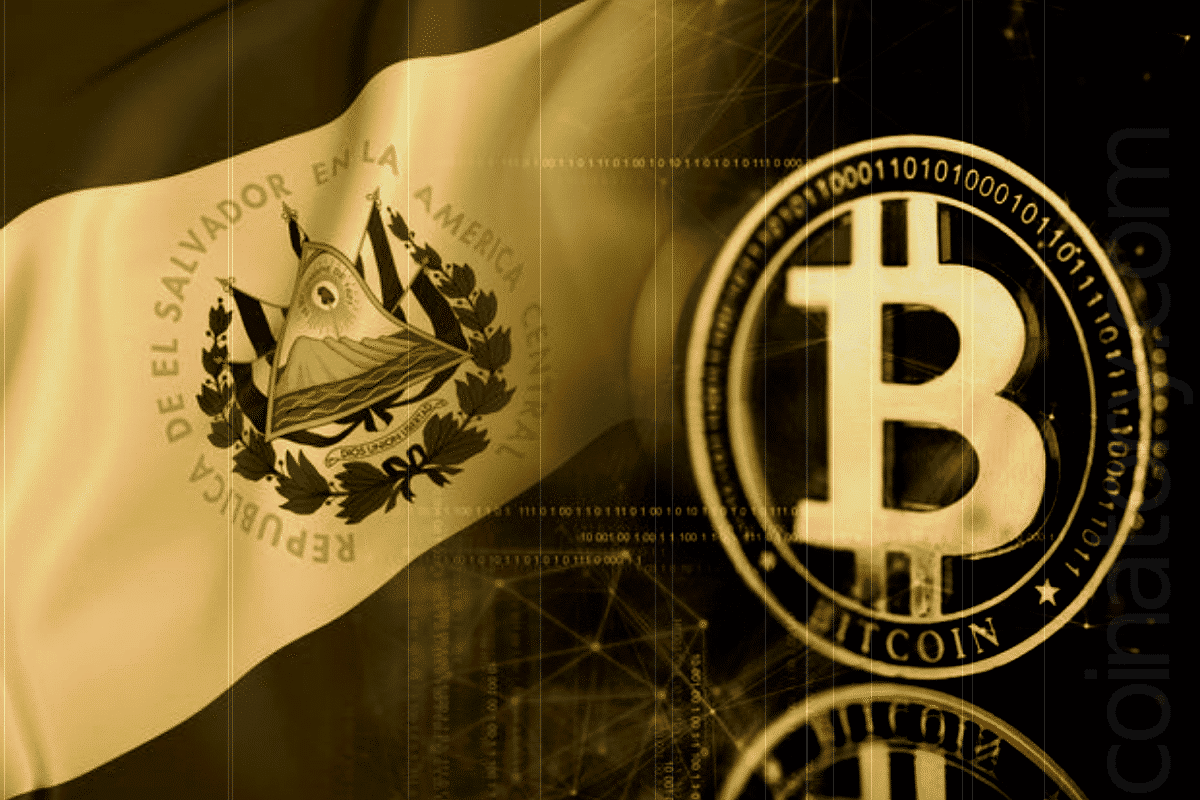
As part of a deal with the International Monetary Fund (IMF) to obtain a $1.4 billion loan, El Salvador is scheduled to shut down or sell off Chivo, the state-backed Bitcoin wallet. The ruling will not change the country’s position on Bitcoin as legal tender, but it does represent a reevaluation of its approach to the cryptocurrency.
According to Stacy Herbert, head of El Salvador’s National Bitcoin Office, closing Chivo is in line with the IMF’s agreement. The action has no effect on the nation’s wider embrace of Bitcoin, though. According to the agreement, Bitcoin will continue to play a role in the national economy by being legal tender.
Chivo, which was introduced in August 2021, was a crucial tool in President Nayib Bukele’s plan to establish Bitcoin as the mainstay of El Salvador’s banking industry. It sought to increase the acceptance of cryptocurrencies across the country by providing citizens with Bitcoin incentives to sign up. Nevertheless, the wallet encountered several difficulties, including two significant security lapses that revealed wallet codes and user information, the most recent of which occurred in April 2024.
El Salvador is still promoting Bitcoin, even though Chivo may be sunsetting. The country is still the first to invest state funds in cryptocurrencies and accept Bitcoin as legal tender. Since September 2021, when Bitcoin became legal, the nation has invested $270 million in Bitcoin purchases.
El Salvador has more than $632 million in of Bitcoin assets as of December 2024, which includes $362 million in unrealized gains. A historic occasion where cryptocurrency price trends impacted sovereign debt markets was reached when the price of Bitcoin surged past $100,000 per token, greatly boosting the nation’s bond markets.
Other countries, like as Brazil and the United States, have been motivated to investigate cryptocurrency reserve regulations by El Salvador’s audacious Bitcoin experiment. This indicates a change in perspective from skepticism to active use of cryptocurrency frameworks.
El Salvador continues to be a leader in incorporating Bitcoin into its financial system, a legacy that is still relevant today despite the difficulties presented by the IMF agreement.







